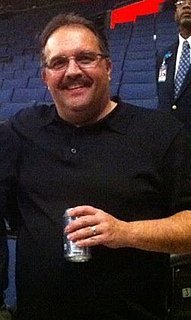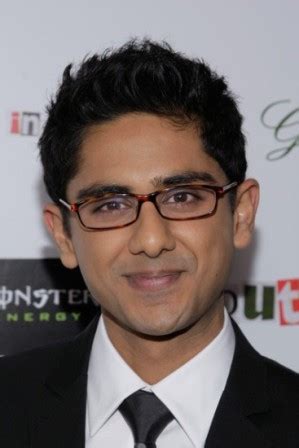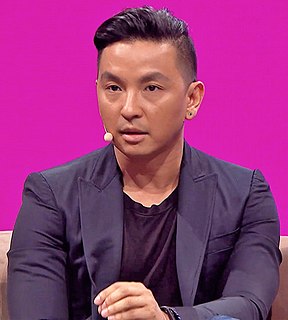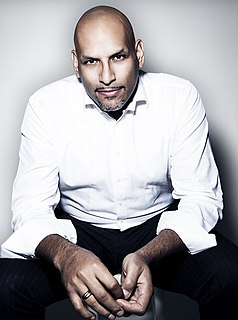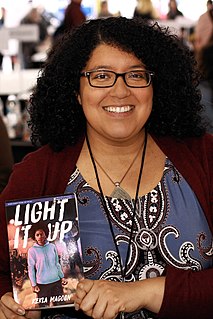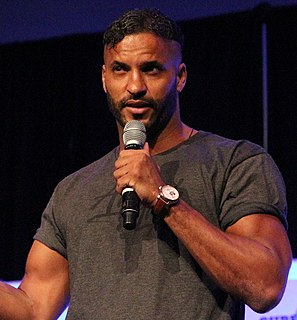A Quote by Alicia Garza
Growing up in a school that was majority white, my understanding of the world was that I was different but that differences shouldn't be talked about because it's uncomfortable.
Related Quotes
Growing up in this post-apartheid era, the first generation of teens in South Africa living in this new democracy, I often found myself feeling different. I was often the only person of color in an otherwise all-white school. And within the Indian community, because of my training with an English acting teacher, my accent was very different.
There was certainly nothing really sexual about my youth growing up, simply because the fact remains if you're the fat kid in a school and I was the only fat black kid in the school - in fact, I was the only black kid in the school - but if you are kind of ostracized on many different levels in your school the last thing you're worried about is sex.
With this book in my hands, reading aloud to my friends, questioning them, explaining to them, I was made clearly to understand that I had no friends, that I was alone in the world. Because in not understanding the meaning of the words, neither I nor my friends, one thing became very clear and that was that there were ways of not understanding and that the difference between the non-understanding of one individual and the non-understanding of another created a world of terra firma even more solid than differences of understanding.
As for the Jewish-American question, what's funny is that I grew up in India, and the Jewish-American comparison is better for second-generation Asians. I'm sure there's something about globalization that has globalized our neuroses, so that I, growing up in India, somehow turned out very similar to you. It's a weird thing, when you think about it, but everyone now is exposed to a mainstream white American world, wherever you are. And so there's this need to belong or measure yourself up to that white world, which leads to all sorts of straining.


